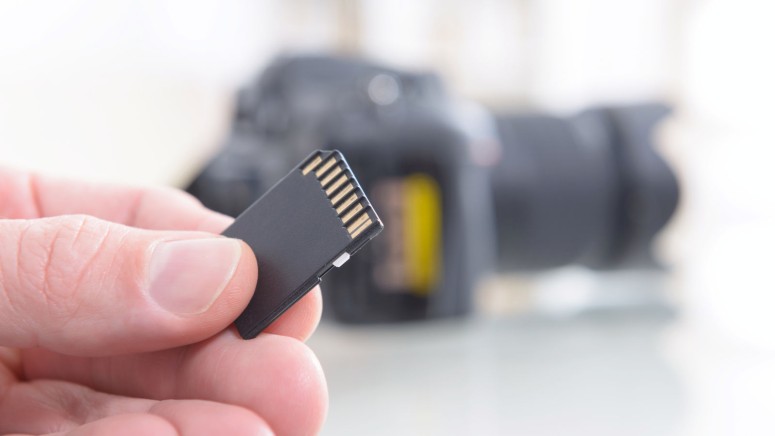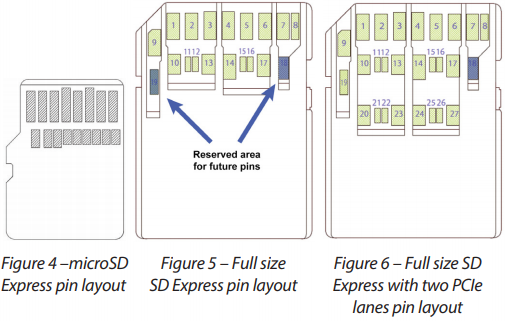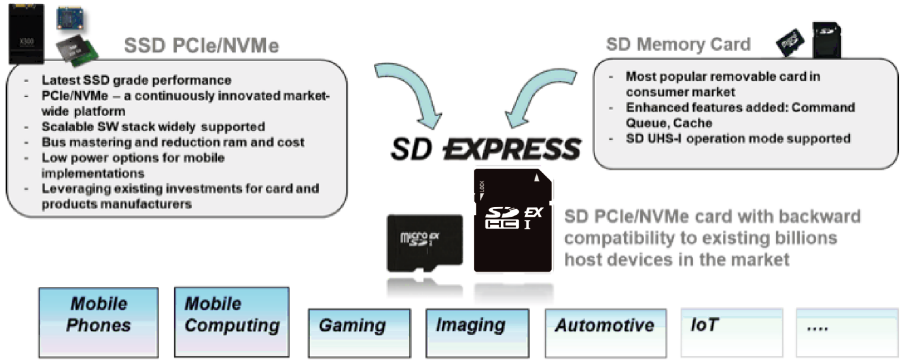
SD 8.0 Spec Brings Lightning Speeds While Being Backward Compatible
- The SD 8.0 spec has landed, bringing four times the data transfer speed of the previous generation.
- This opens up the road for more applications, and possibly even the replacement of more traditional solutions.
- We will surely have to wait for a while before seeing these cards being made available on the market.
The SD Association has announced the SD 8.0 Specification for SD Express memory cards, adopting the PCI Express 4.0. It means that the data transfer rate is now reaching 4 GB/sec, which is approximately four times faster than the previous version - the SD Express spec 7.0. Two years have passed since the last time a new spec was introduced for SD cards. Still, the fast-paced developments in the field of gadgets render things obsolete even before they have been universally adopted by the OEMs or massively embraced by the consumers.
There's a high demand for huge capacities and super-fast writing speeds right now since we have 4K smartphones, drones, 360-degree cameras, and various other gadgets using SD cards to store the captured footage on the go. Many of these gadgets don't use video and audio compression algorithms due to reasons of wanting to retain the highest possible quality, or because that would cause lags in their operation and startles when writing on the storage media. This practice, however, makes the stream a lot larger in size, so the writing speeds need to keep up. Otherwise, data packets will get lost, and the quality will degrade.
Source: sdcard.org
The SD 8.0 will take advantage of a two-lane PCIe connection to tap onto even more bandwidth, finally making it possible for SD cards to enter 8K, RAW image, and VR video territory. Besides the impressive 3,940MB/s transfer rate, there's the storage capacity, which theoretically can now reach up to 128TB. Just don't expect to see such a card being made available by a vendor any time soon. At the same time, the new spec will continue to use the NVMe Express upper-layer protocol. It will maintain backward compatibility, which is something that was never broken by any of the previous specifications. Of course, when using the new spec on hosts that support older versions, the speed will be limited to that of the lowest version.
Source: sdcard.org
The SD Association has accompanied the announcement of the 8.0 spec with a whitepaper, where they present a series of potential applications for the devices of the future. We are tentatively entering IoT and automotive territory, so the storage solution is looking at more traditional solutions like SATA/SCSI/UFS disks in the eye. All this awesomeness will have to wait a while, though, since not even the last spec has had the chance to be adopted by OEMs yet. So, we guess it's probably going to take a few years down the road.







